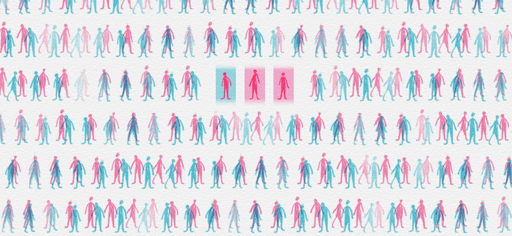The Basque Country is implementing Quantus Skin in its health clinics after an investment of 1.6 million euros. Specialists criticise the artificial intelligence developed by the Asisa subsidiary due to its “poor” and “dangerous” results. The algorithm has been trained only with data from white patients.



My only real counter to this is who created the dataset and did the people that were creating the app have any power to affect that? To me, to say something is racist implies intent, where this situation could be that, but it could also be a case where it’s just not racially diverse, which doesn’t necessarily imply racism.
There’s a plethora of reasons that the dataset may be mostly fair skinned. To prattle off a couple that come to mind (all of this may be known, idk, these are ignorant possibilities on my side) perhaps more fair skinned people are susceptible so there’s more data, like you mentioned that dark skinned individuals may have less options to get medical help, or maybe the dataset came from a region with not many dark skinned patients. Again, all ignorant speculation on my part, but I would say that none of those options inherently make the model racist, just not a good model. Maybe racist actions led to a bad dataset, but if that’s out of the devs control, then I wouldn’t personally put that negative on the model.
Also, my interpretation of what racist means may differ, so there’s that too. Or it could have all been done intentionally in which case, yea racist 100%
Edit: I actually read the article. It sounds like they used public datasets that did have mostly Caucasian people. They also acknowledged that fair skinned people are significantly more likely to get melanoma, which does give some credence to the unbalanced dataset. It’s still not ideal, but I would also say that maybe nobody should put all of their eggs in an AI screening tool, especially for something like cancer.
There is a more specific word for it: Institutional racism.
A lot of AI research in general was first done by largely Caucasian students, so the datasets they used skewed that way, and other projects very often started from those initial datasets. The historical reason there are more students of that skin tone is because they have in general the most money to finance the schooling, and that’s because past racism held African-American families back from accumulating wealth and accessing education, and that still affects their finances and chances today, assuming there is no racism still going on in scholarships and accepting students these days.
Not saying this is specifically happening for this project, just a lot of AI projects in general. It causes issues with facial recognition in lots of apps for example.
They did touch on the facial recognition aspect as well. My main thing is, does that make the model racist if the source data is diverse? I’d argue that it’s not, although racist decisions may have lead to a poor dataset.
Seems more like a byproduct of racism than racist in and of itself.
Yes, we call that “structural racism”.
I think that’s a very possible likely hood, but as with most things, there are other factors that could affect the dataset as well.